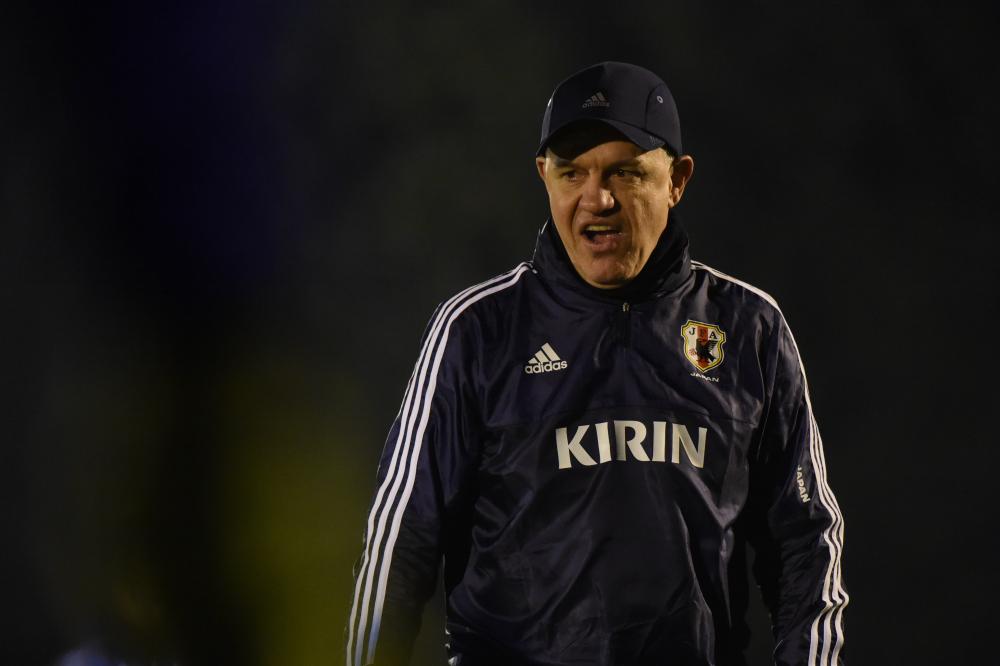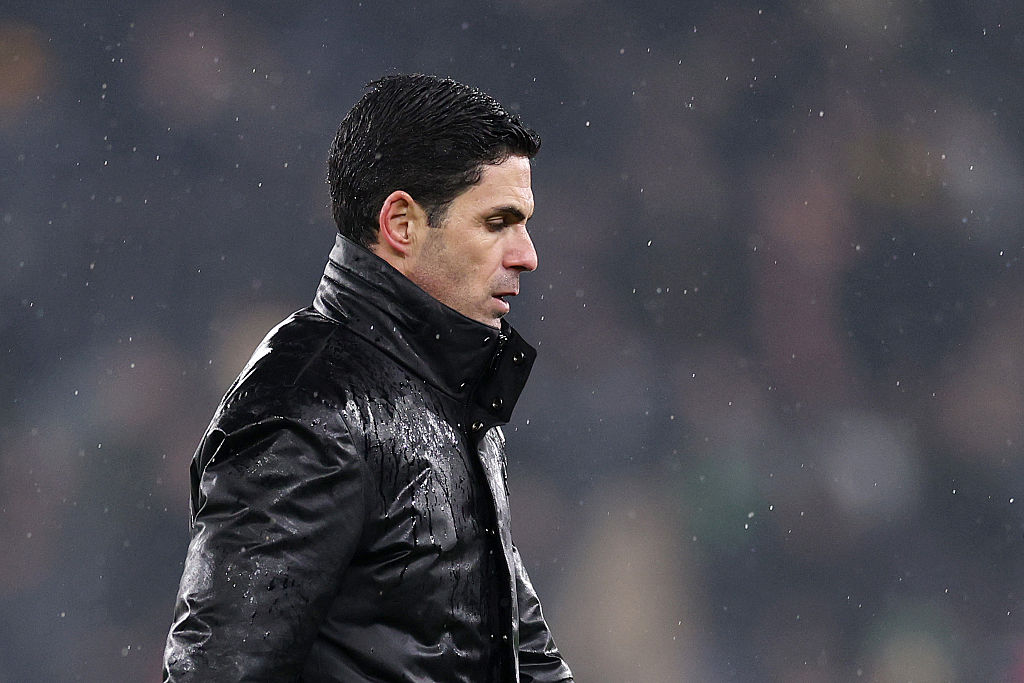Asian Cup Group D Preview: All eyes on Japan, Iraq
They say the best is left until last and that may be the case in Group D, with the final Asian Cup group featuring the past two champions.

The best features, fun and footballing quizzes, straight to your inbox every week.
You are now subscribed
Your newsletter sign-up was successful
Want to add more newsletters?

Five times a week
FourFourTwo Daily
Fantastic football content straight to your inbox! From the latest transfer news, quizzes, videos, features and interviews with the biggest names in the game, plus lots more.

Once a week
...And it’s LIVE!
Sign up to our FREE live football newsletter, tracking all of the biggest games available to watch on the device of your choice. Never miss a kick-off!
Join the club
Get full access to premium articles, exclusive features and a growing list of member rewards.
Asian powerhouses Japan come to Australia as defending champions after prevailing against the 2015 hosts at the end of extra-time four years ago in Doha. Iraq defied the odds to win the 2007 tournament - held in Indonesia, Malaysia, Thailand and Vietnam.
The successful duo are the only proven teams in the group, with Jordan and minnows Palestine, who qualified for their maiden Asian Cup via the AFC Challenge Cup final in May.
The favourites - Japan, Iraq
After failing to meet expectations at the World Cup in June-July, four-time champions Japan are tipped to go the all the way Down Under. Viewed as an outsider to reach the semi-finals in Brazil, the Blue Samurai left the South American continent without a win. Performances at the showpiece event cost Italian Alberto Zaccheroni his job, leading to the arrival of another foreigner, Mexican Javier Aguirre.
His tenure has been far from smooth thus far, despite four wins and two losses. Reports suggested the Japanese Football Association may part ways with Aguirre, who has become embroiled in a Spanish match-fixing case that is overshadowing their quest to win back-to-back Asian Cups and reclaim the top Asian ranking, taken by Iran. Aguirre kept his job and must now repay the faith.
Iraq are expected to challenge Japan for top spot in the group, though preparations for the event have not gone according to plan. Hakim Shakir was sacked in November after Iraq finished bottom of their group at the Gulf Cup. Qatar Sports Club then loaned coach Radhi Shenaishil, allowing the 48-year-old a leave of absence in order to take charge at the Asian Cup.
Iran announced themselves on the world stage when they stunned three-time champions Saudi Arabia in the 2007 Asian Cup final. The war-torn nation - ranked 103rd by FIFA - did not qualify for the 2010 and 2014 World Cups, though they went close to booking their spot in Brazil. Iraq made it to the fourth round of qualifying in a group featuring Japan and Australia.
The best features, fun and footballing quizzes, straight to your inbox every week.
The outsiders - Jordan, Palestine
Jordan enter the tournament alarmingly out of form. The 81st-ranked Jordanians have not won in nine games since defeating Syria in a World Cup qualifier in March. Jordan will be relying on heralded coach Ray Wilkins to help them claim an unexpected knockout-round berth. Wilkins earned 84 caps for England, while he tasted silverware with Manchester United and Rangers.
The fairytale of the Asian Cup, war-torn Palestine will take part in their first top-tier tournament. Palestine were the final nation to qualify for the Asian Cup after eclipsing Philippines at the AFC Challenge Cup. Ahmed Al Hassan's men made it through the Maldives without conceding a goal.
Star Player - Keisuke Honda
The golden boy of Japanese football, Keisuke Honda holds the weight of a nation on his shoulders in Australia. The 65-cap Milan star has shown glimpses of his undoubted talent but rarely showcased it on a consistent basis at major tournaments. But the 16th Asian Cup could finally see Honda come of age in a big way.
Crunch match - Iraq v Japan
This clash of the titans at Suncorp Stadium in Brisbane could well decide the winner of Group D. Japan have beaten the Iraqis in their past two meetings without conceding a goal. Repeating that feat could well see Aguirre's men on their way to top spot heading into the final round of fixtures.
Matches
12 January - Japan v Palestine (Match 7), Newcastle
Jordan v Iraq (Match 8), Brisbane
16 January - Palestine v Jordan (Match 15), Melbourne
Iraq v Japan (Match 16), Brisbane
20 January - Japan v Jordan (Match 23), Melbourne
Iraq v Palestine (Match 24), Canberra
 Join The Club
Join The Club










